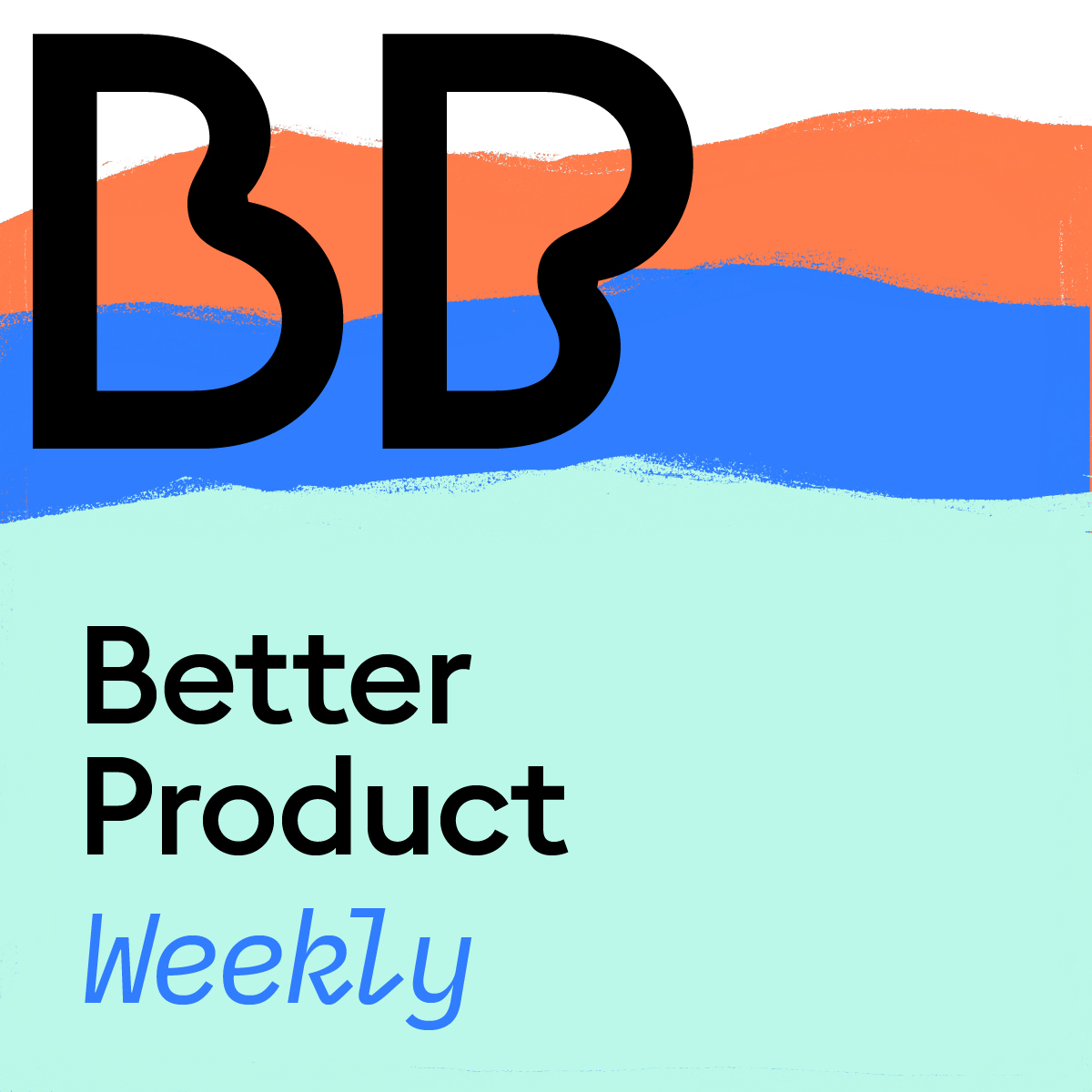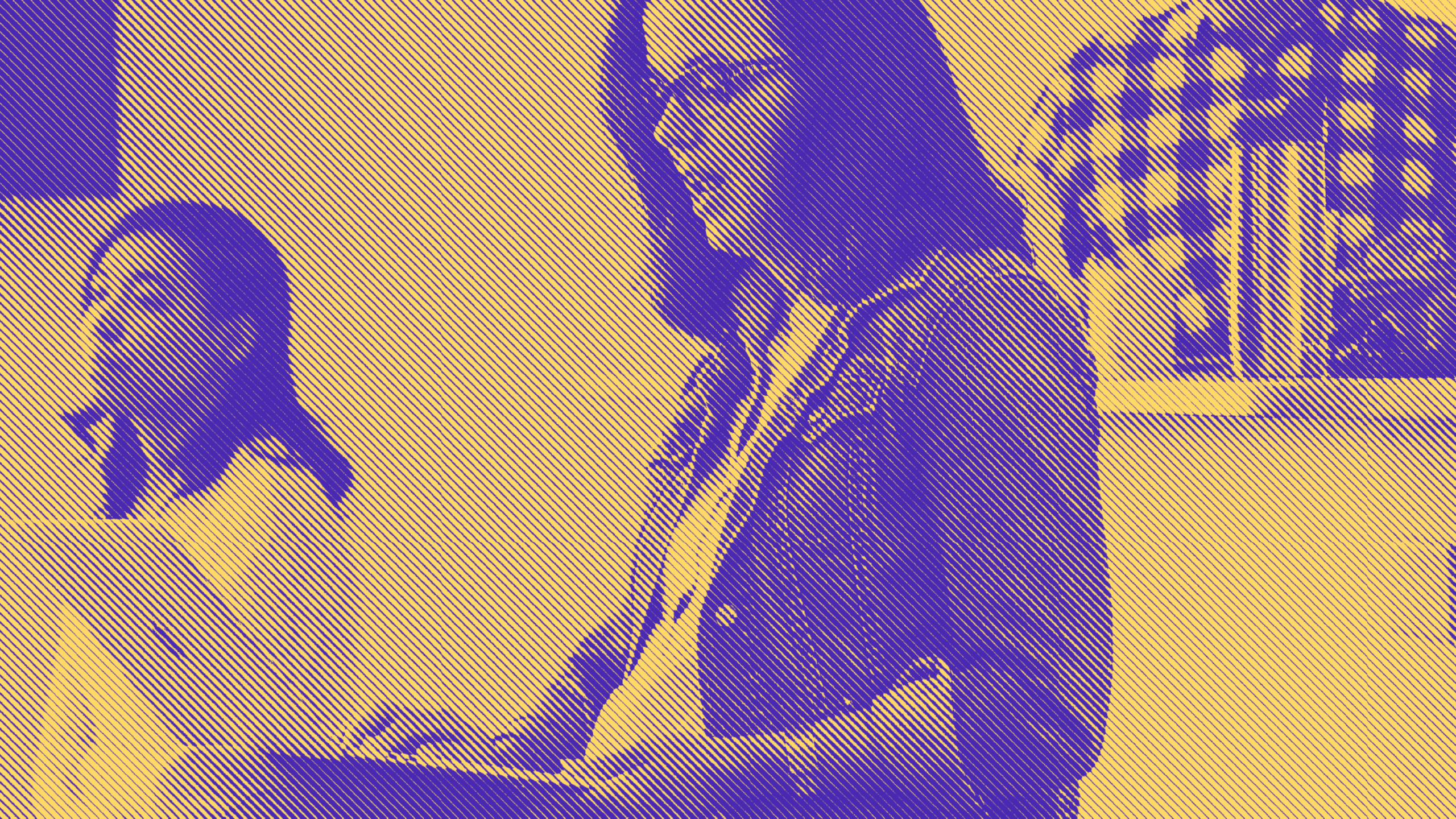
Better Product Weekly: Prioritizing Product Improvements Over Growth with Eric Prugh

What would happen to your product if you could shift your roadmap from growth-oriented features to making those improvements you know are needed to keep the customers you have?
Eric Prugh, Chief Product Officer and Co-founder of PactSafe, shares with us how they’ve looked at their product roadmap in light of the recent pandemic. While the business objectives for the company haven’t changed, they’ve made it a priority to focus on retention and serving existing customers. For them, that means slowing down growth and making improvements to the product.
As always we invite you to connect with us at Innovatemap and other product leaders. You can reach out directly to Anna and Christian on LinkedIn or join our growing product community: https://betterproduct.community/



